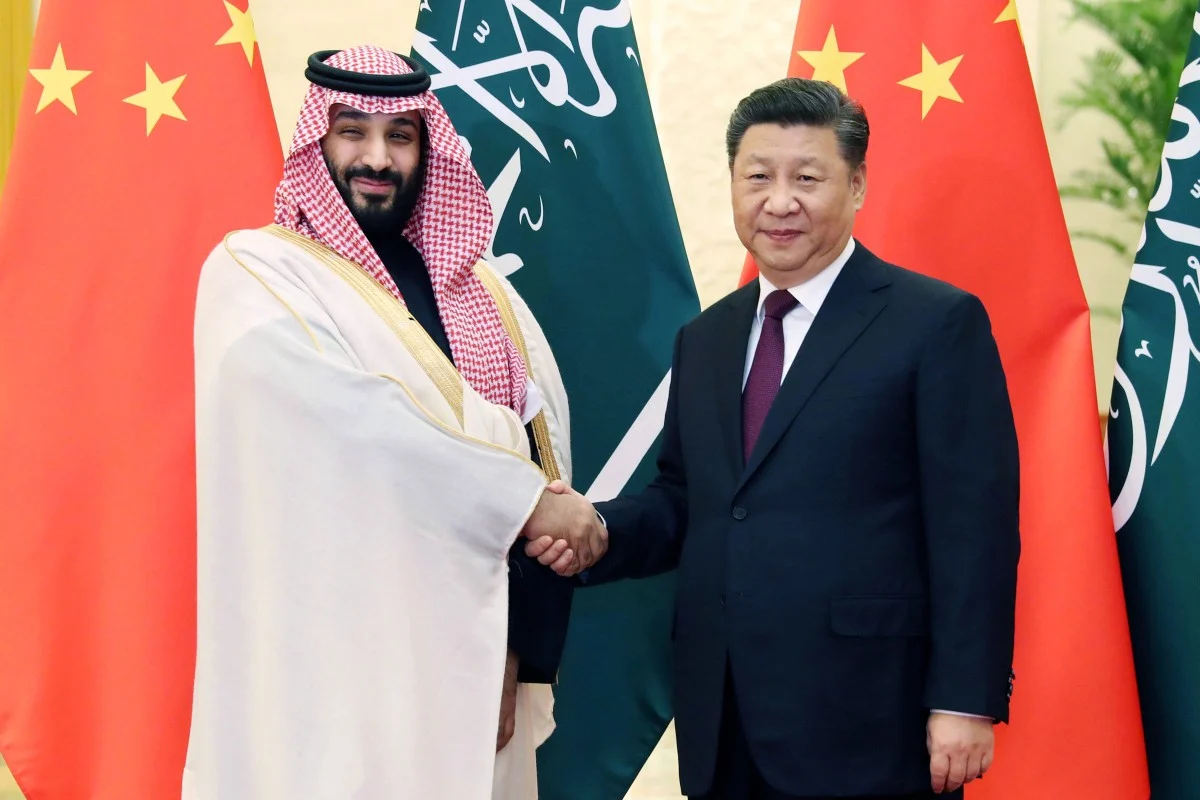On October 26, Chinese Premier Li Qiang met with Iranian First Vice President Mohammad Mokhber and reaffirmed Beijing’s commitment to expanding its “comprehensive strategic partnership” with Tehran. The declaration came just a day after the United States Treasury Department imposed new sanctions on Iran for its “critical role” in “providing financial, logistical, and operational support to Hamas.”

Changes in China and Iran’s Strategic Partnership (Source: CSCR)
China-Iran: Working on a Strategic Partnership
Mokhber, for his part, welcomed China to enhance its investments and strategic partnership with Iran, notably in infrastructure, energy, and tourism. Mokhber’s offer comes at a time when Chinese imports of Iranian oil have tripled in the last two years. This week, the Chinese companies Baidu and Alibaba deleted Israel from their respective web maps overnight. The recognized borders of Israel and the Palestinian territories are now delineated on Baidu’s Chinese-language web maps, although Israel is no longer listed as a country. A similar shift was found in online maps generated by Alibaba’s Amap.
Since the beginning of the conflict, US Secretary of State Antony Blinken has committed to collaborate and make a stronger partnership with China to keep the Israel-Hamas conflict from spreading. Beijing, on the other hand, has so far refused to comment on whether it will use its substantial influence over Iran to attempt to constrain Hamas. Meetings in late October between President Joe Biden and Chinese Foreign Minister Wang Yi also failed to produce such a commitment from China.
READ ALSO: Foreign Minister Wang Yi Goes to Washington With Hopes for Better Relation Between China and US

















































